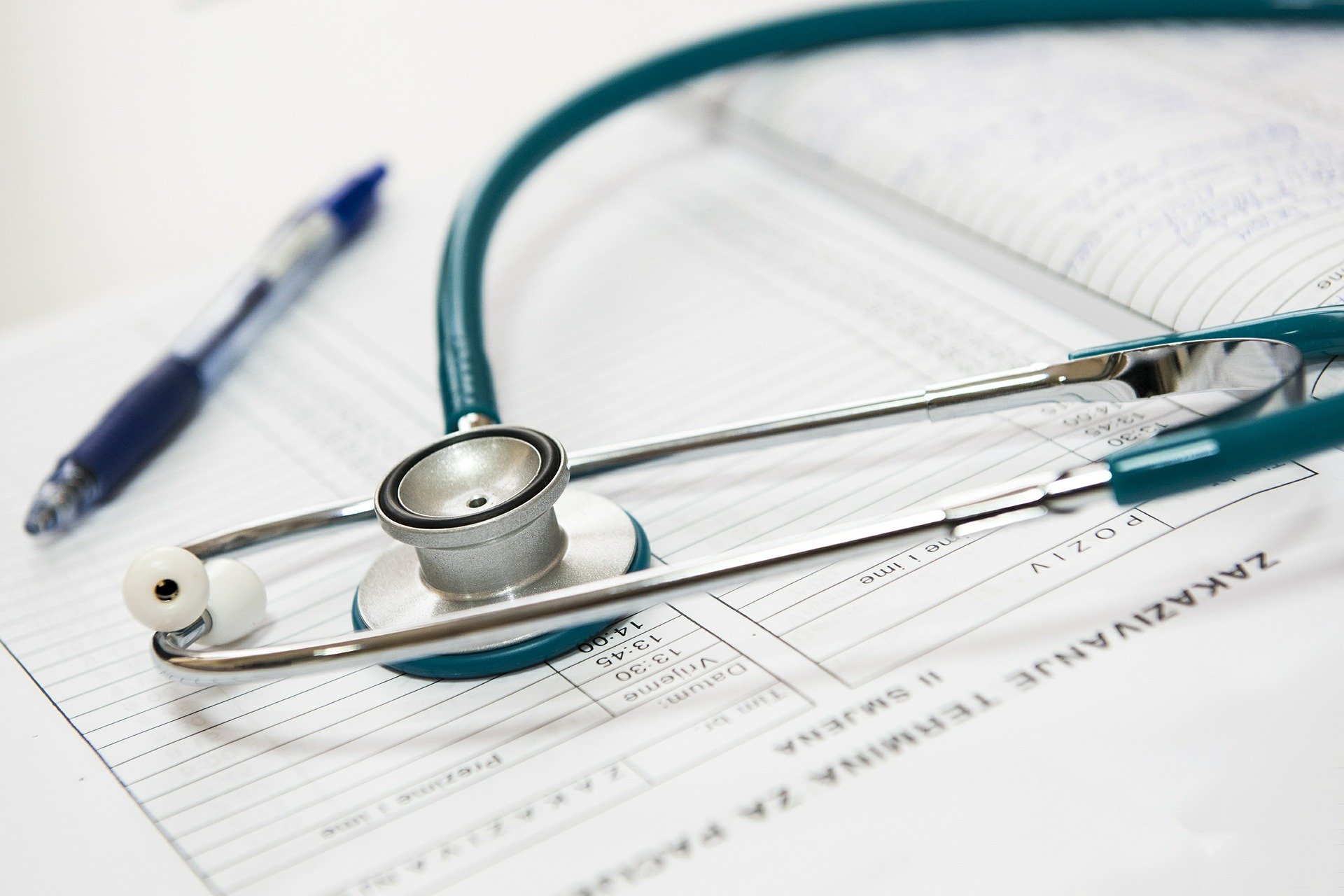Devon-Clare Banfield | Supplement Coordinator
Featured image courtesy of Pixabay
Taking care of your sexual health is an important part of maintaining good physical health while sexually active. Whether it’s using condoms, going for regular STI testing, or getting routine cervical and prostate exams — making sure that your reproductive health is taken care of is a major responsibility.
I’ve always had incredibly heavy and painful periods from the beginning of my menstrual cycle at age 11. When I was 16 years old the pain and bleeding stretched over a longer and longer period of time; eventually I found that I was having these issues for more of the month than I wasn’t. Fast-forward two years and 17 doctors, I was begging my new gynecologist to do an exploratory laparoscopy on me to figure out what was wrong with me.
“Well, are you having pain with intercourse?” he asked me.
“Yeah, it’s really painful to be penetrated,” I told him.
“That must be really uncomfortable for you and your boyfriend,” he responded, sympathetically.
“My girlfriend,” I gently corrected him.
His entire demeanour changed. You would’ve thought that I had reached across the table and slapped him across the face. He took off his glasses and closed my file.
Well, you’re not having real sex anyway. You’re only having sex with another woman, don’t worry about it,” he told me.
I wasn’t sure that I had heard him correctly. He really was telling me that because I was a woman having sex with another woman, I wasn’t having real sex. As well, despite my heavy bleeding, debilitating pain, nausea, and other symptoms, because I wasn’t having sex with a man I didn’t qualify for the surgery.
I went back the following week and told him that I had sex with a man, and it was painful. He booked me in for surgery the following week. After two years and 17 doctors, I was diagnosed with advanced endometriosis. Not only had I been fighting for a diagnosis for two years, my doctors think that I actually developed the disease six years prior when I was 12-years-old.
Endometriosis is a disease where the lining of the uterus grows on the outside of your organs and bonds them together, causing chronic pain, organ damage, and infertility, among other symptoms. It has no cure, and all treatment plans have nasty side effects.
I suffered without any treatment for two years, without anyone advocating for me but myself.
I wonder every day how many lesbians and queer women suffer in silence, unheard and undiagnosed, because of the same ignorance I was presented with by my doctor. I’ve conducted research and surveys, and out of the 150 people with endometriosis that I’ve spoken to, 15 of them are gay women, and 12 of them had similar experiences to mine.


